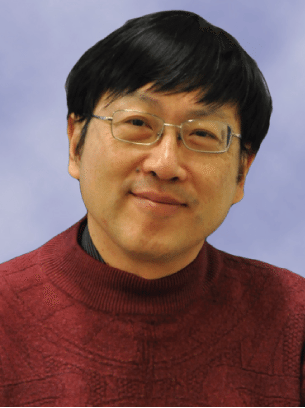Tai Kai NG

Professor of Physics Department of Hong Kong University of Science and Technology, Hong Kong SAR
|
abstract
The Chief Executive of Hong Kong SAR announced in his policy address in 2015 that STEM will be a focus of development in HK primary/secondary schools. In the first part of this talk the speaker shall describe the various development of STEM in primary/secondary schools in HK since then, and discuss a number of concerned issues raised by both the education and (High-Tech) Industrial sector.
In the second part of the talk, he shall describe an international movement/effort of scientists in response to the rise of STEM – the question of how science should be taught in primary/secondary schools in the 21st century. In particular, he shall describe the GSEE/TLS project, and what scientists at the Hong Kong University of Science and Technology (HKUST) has done in the past 15 years along this direction. He shall also discuss the kids@ust and the more recently launched “Big History and Collective Learning” program.
bio
Professor Ng is the Executive Director of the Hong Kong Academy for Gifted Education (HKAGE). He was appointed as the Associate Dean of Science of the Hong Kong University of Science and Technology (HKUST) in 2004. Since 2010, he also served as the Director of the HKUST’s Centre for the Development of the Gifted and Talented. As a physicist, Prof. Ng has made important contributions in his field. In 1993, he received an Honourable Mention in the Achievement in Asia Award of the Overseas Chinese Physics Association. He was elected as a Fellow of the American Physical Society in 2000 and awarded the Croucher Senior Research Fellowship in 2002. Prof. Ng has also been dedicated to primary and secondary education, making invaluable contributions to improve the quality of science education in Hong Kong. He is one of the close collaborators with the Education Bureau to organize teacher and student training programmes and develop physics teaching materials. He has served as a member of the CDC Committee on Science Education and is now a member of the Curriculum Development Council (CDC) Committee on Gifted Education. |